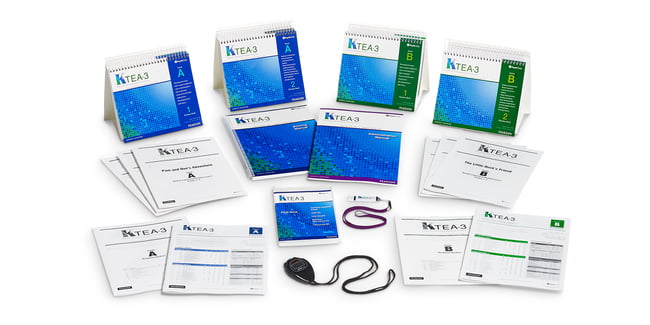As the term implies, academic achievement referrers to those skills that are required to be a successful student. Three primary areas are evaluated within this domain: 1) reading; 2) math & 3) writing. With regard to reading, two components are examined. The first component is word decoding. This refers to the ability to sound out the words, whether presented in list format or in the context of a story. The second component of reading that is evaluated is the individual’s ability to understand prose material, such as would be the case when reading a story.
Skills in the area of the math are also evaluated in multiple ways. First, the individual’s ability to solve number problems is examined so that we can have an idea of his or her general functioning in terms of knowledge of the basic procedures that are required to complete math problems. The second aspect of math that is examined is the individual’s ability to apply number skills to practical tasks. Depending on the individual’s education level and age this may include word problems, telling time, counting money and reading graphs.
Writing is a fairly complex process and therefore needs to be examined from multiple perspectives.To gain adequate perspective with regard to the person’s functioning in this domain it must be looked at in terms of knowledge of the grammatical rules, spelling skills, and ability to convey one’s thoughts in written form. In addition, the quality of the letters, how they are formed and the overall utilization of space is important. This latter component involves fine motor skills and visuomotor abilities.
Many children, who have difficulty with their primary language, will also struggle when attempting to learn a foreign language. This may be the case even if the child is currently at a level that is appropriate for his or her age and grade. For example, the child may be passing all courses except for Spanish class, despite putting in good effort. Specialized testing is available to determine the child’s ability to learn a foreign language and determine why he or she may be having a difficult time.
